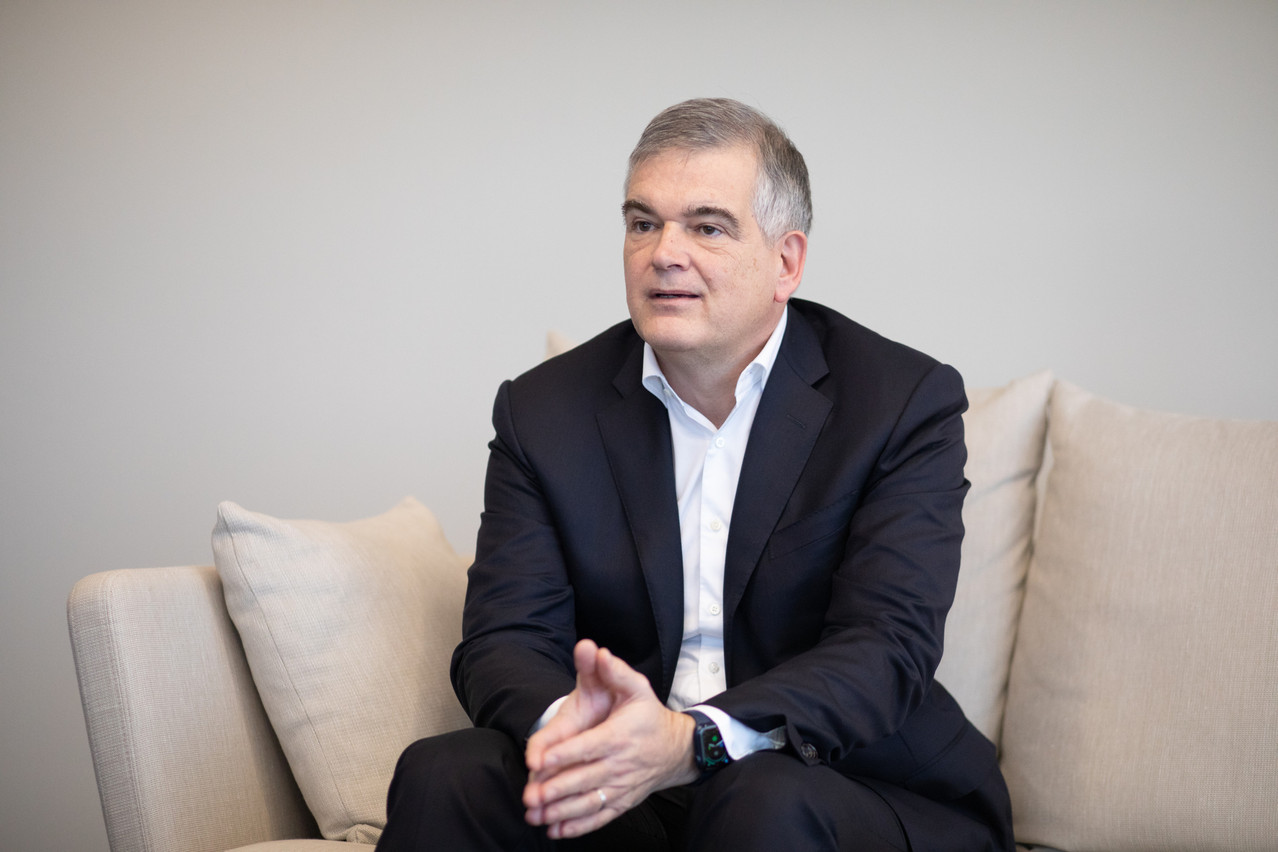It’s not just a question of artificial intelligence being “invited to the table,” but of it being accepted when it comes to its use in the financial services sector, said , director general of the Luxembourg Financial Sector Supervisory Commission during a fireside chat with Robert Gee, head of market specialists (EMEA) at Bloomberg during the Bloomberg Investment Summit at the Philharmonie, 24 October 2024.
Of course, Marx noted, there are risks: manipulation, hallucinations (when large language models produce non-sensical, false or inaccurate information), breach of confidentiality and data protection issues, to name just a few.
But there are solutions, he continued. Luxembourg, for instance, has a disconnected sovereign cloud solution called . Though solutions may be complicated or expensive, it will be important to strike the “right balance” and not be cut off from the rest of the world.
Many potential uses
There are clear opportunities for using artificial intelligence in the financial industry, said Marx. In terms of asset management and portfolio management, AI can enhance investment decisions. Better-performing systems can also boost risk management and anti-money laundering measures.
One of the most expensive and labour-intensive areas today is the client onboarding process, he said. “I think here there are AI-powered solutions where you can almost entirely automate this process and rely on robots to do the job in a very efficient, very quick, very reliable way--and also an unbiased way.”
AI tools can also help on the cost side, Marx added, and help financial services players to deal with “huge volumes of documentation in a much more efficient way.” This could even be a benefit to the regulator, he said, as they have to handle a tremendous volume of prospectuses and other types of documentation. Generative AI could, for example, produce summaries of information.
Don’t regulate at EU level
Then comes the question of regulating AI in finance. Before jumping to the conclusion that yet another layer of regulation is needed, we first need to know--in great detail--how financial services players in Europe use AI and deal with the associated risks, said Marx, sharing his personal point of view. “Today, we are lacking that knowledge. We don’t have an in-depth knowledge of AI systems being used.” The CSSF and the Central Bank of Luxembourg this summer carried out a comprehensive survey on some 500 firms to try and understand how they use AI, he said, adding that the results are expected by the end of the year.
If the conclusion is that regulation is necessary, then this should not be done at an EU level, he argued. “We are world champions in the European Union on regulation,” he said. If we build another layer of EU regulation and contribute to a “fortress Europe” around AI, the risk is that we will be cut off from mainstream systems. “And once you fall behind in a technology that is moving so fast, at a record speed, it will be very difficult to catch up on that.” That’s a “clear danger” and a reason not to be the “world champion” of regulating AI in finance.
Financial industry players don’t have a choice--they need to embrace AI. But the board and C-suite level also need to be able to understand AI and new technologies. There’s a risk that this will be left to the IT department or the tech specialists, and then companies will lack a “more strategic view on how to make this a serious part” of future operations. Having that expertise at the C-suite or board level is key to making sure that companies are able to embrace AI and manage risks. “We need to get people in there that are really technologically savvy, that have a mathematical or computer science background,” said Marx. “Only if you have that can you fully understand how it works and how it can be used.”
Europe has a lot of “very good things,” he concluded. Its research is good; the fintechs are good; the banks are solid. The --which calls for €800bn of investment--was a bit of a wake-up call. But it’s also an opportunity for the financial services sector, said Marx. If we combine the use of technology with expertise in fintech, research, academia and the finance world, improve collaboration and avoid overregulation, Europe could be a powerhouse in the future.
